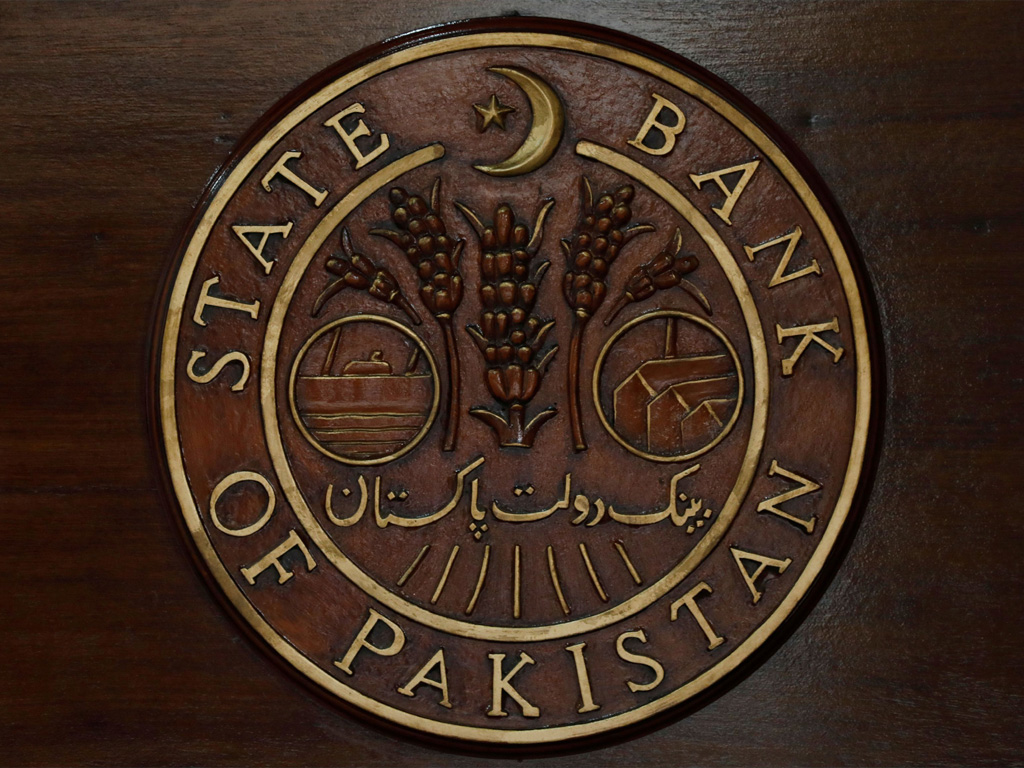EFF programme: Realism prevails

The world has changed. There is a global recession and economies across the world are coming up with monetary and fiscal stimuli to deal with growing Covid-19 challenges. Pakistan is amongst the worst affected economies. In the recent past, the country just about coped with a severe external crisis under a tough IMF programme. Stabilisation was attained quicker than anticipated. All the binary targets were met conformably in the first review and the second review was not too far off the target. The delay in the second review completion was due to slow progress in the reduction of circular debt plan. The authorities were finding it hard to pass on the quarterly adjustments in energy prices. Everything else was more or less on track.
The reserve buildup was faster than earlier envisaged. The economy for the first time was transiting to a market-based exchange rate. The policy was working as the currency appreciated between July 19 and Feb 20 along with reserve buildup. The off-balance sheet liabilities of State Bank of Pakistan (SBP) had been reduced significantly. Fiscal austerity resulted in attaining primary surplus in the first half.
Understandably, there was some economic pain in the process. The demand was curbed to arrest inflationary pressures emanating from the growing twin deficits. The Large-Scale Manufacturing (LSM) declined and overall private sector credit growth remained subdued. The government spent cautiously on development. This resulted in rise in unemployment and poverty. The silver lining, if any, was: exports were picking up gradually.
Many believed FY21 to be less severe than FY20 but with Covid-19, the economy has dropped to pre-stabilisation phase. External vulnerabilities have reemerged while fiscal slippages substantially increased. Exports are the worst hit in days of lockdown in buyers' economies. Times are fluid and uncertain. Economic growth globally is tanking this quarter and recovery is uncertain. The IMF projections are also based on partial information.
The IMF's support of RFI to Pakistan is commendable and is the need of the hour. This along with support from other multilaterals will go a long way in efforts aimed at averting an external crisis. The communiqué for G20 suggests restructuring of debt servicing till Dec 2020. The question is what will happen after that.
The IMF staff report says that monetary and fiscal stimulus given, after Covid-19, are temporary in nature, implying thereby that once the global economies are back on track, Pakistan has to revert to pre-Covid stabilisation policies. The spending to support the vulnerable sections of the population and businesses would be withdrawn to restore status quo ante once the lockdown is over. The fiscal slippages would have to be curtailed for the economy to put on a sustainable recovery path.
In case of monetary policy, reverting to pre-pandemic tightening mode could be detrimental for the nascent recovery. Inflation outlook is changing. The SBP is targeting 5 to 7 percent inflation in the medium term and it appears to be working.
Once the pandemic is behind us resumption of the EFF facility would require that all the binary and indicative targets along with timelines to be recalibrated. There will be new projections and new scenarios. These are extraordinarily uncertain times and require extraordinary measures. The IMF should take this as an exception to give some space for economic adjustments as the pace of austerity would have to be decelerated, giving some space to the economy to come out of recession.
























Comments
Comments are closed.